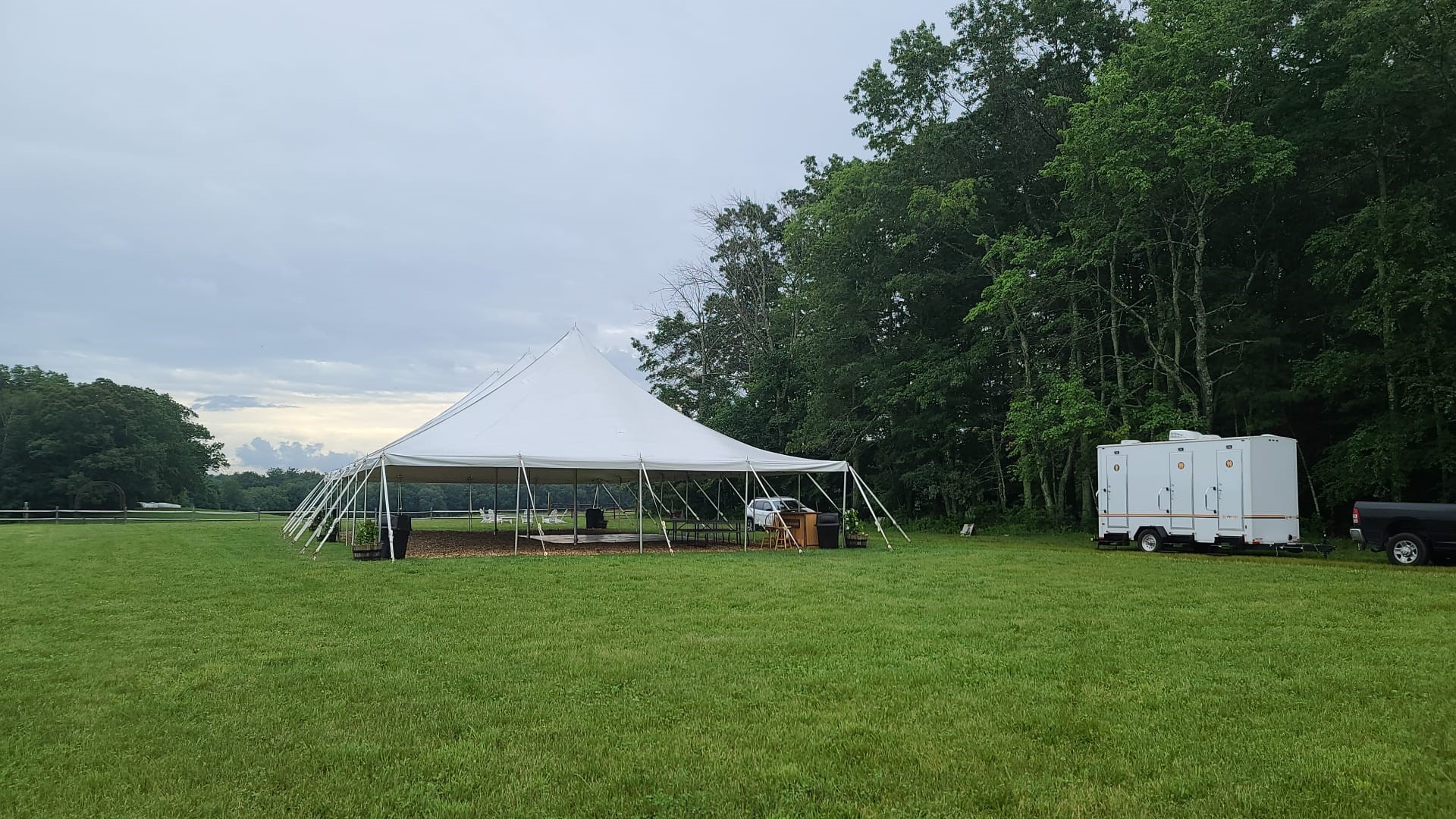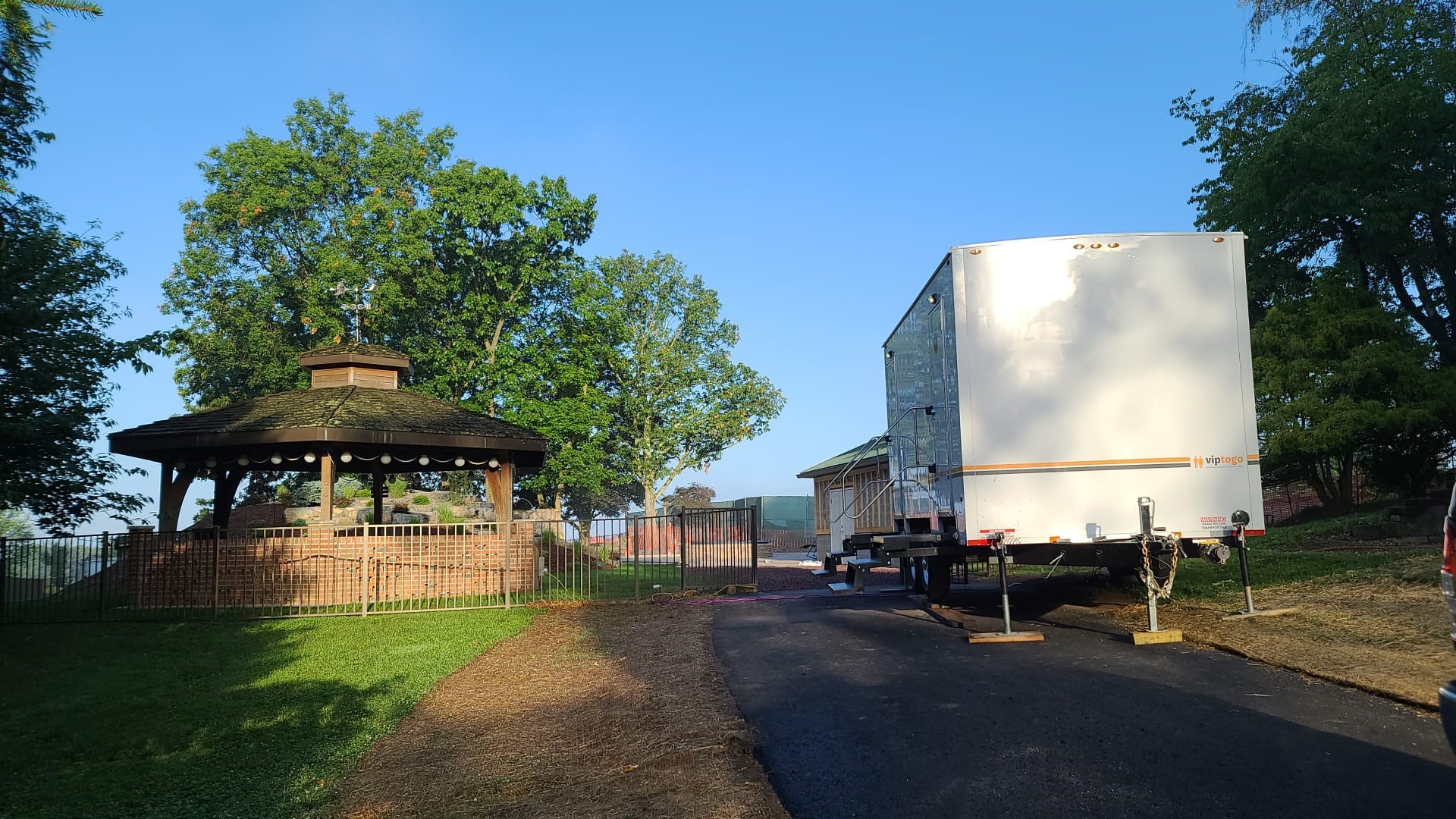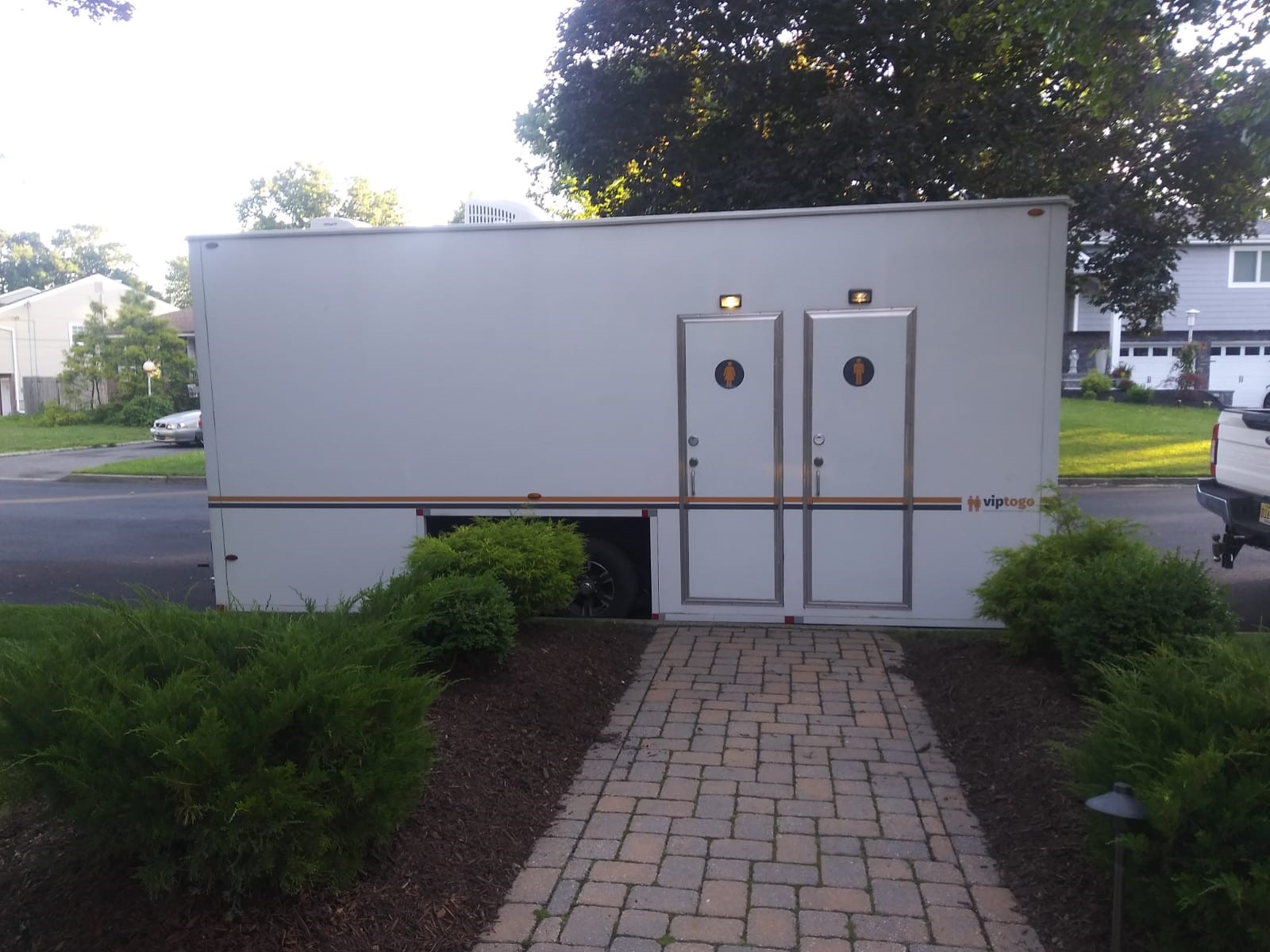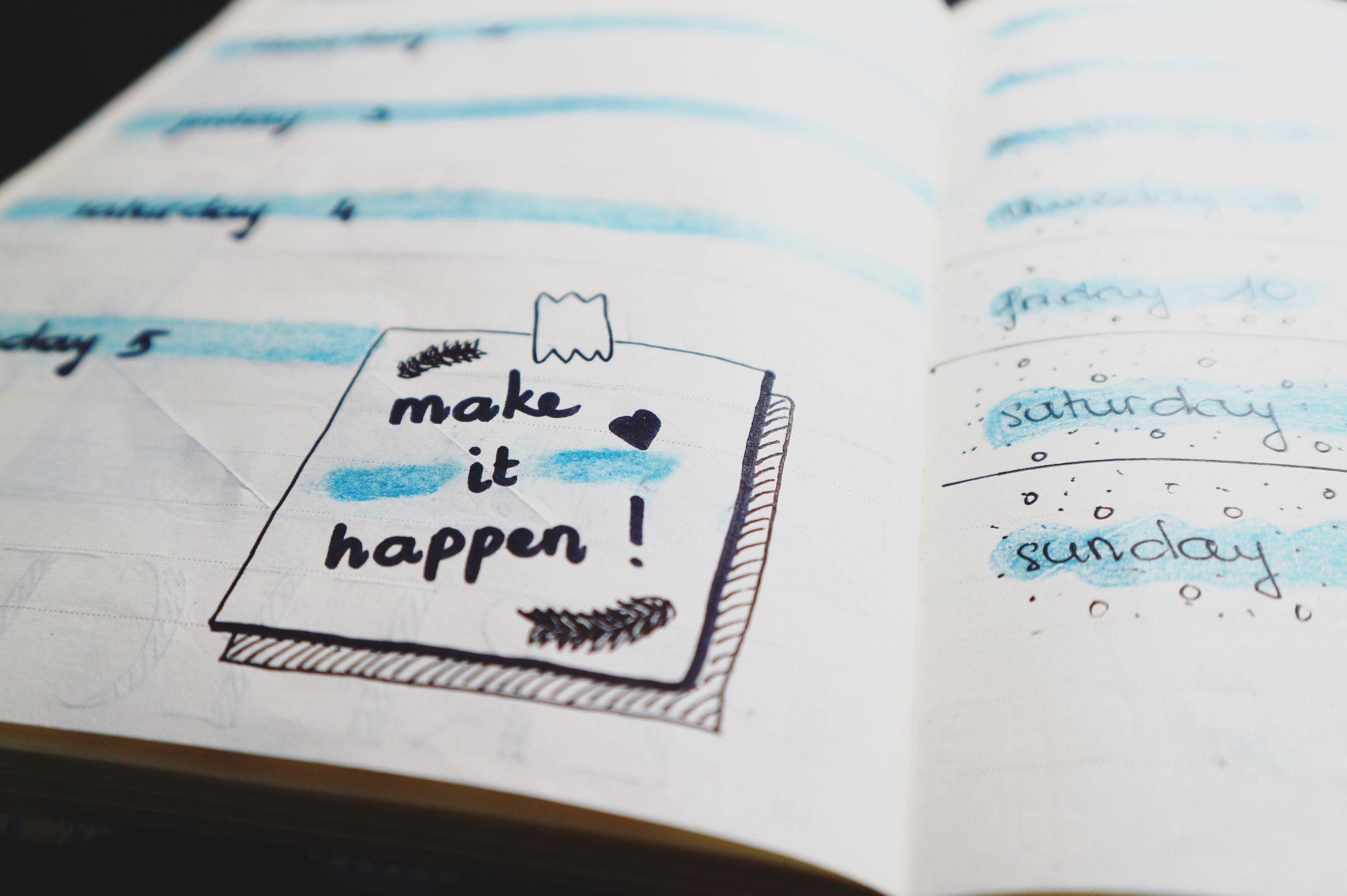
How To Host Successful Community Events
Planning successful local events and community events can be a little bit complicated.
It’s not as simple as just ‘deciding to host an event.’
There are actually a lot of steps that go into planning a successful local event.
And in this post, you’re going to learn 9 essential steps that will help you to navigate this process from beginning to end.
After reading this guide, you’ll be much better equipped to take your event idea from ‘dream’ to ‘reality.’
You’ll also be more aware of the crucial steps that are required to make an event successful.
Let’s dive in and break it down.
9 Steps For Planning Successful Community Events
1. Determine The Purpose Of Your Event
Community events and local events are generally planned and orchestrated with a purpose.
Some examples of community events could include: community clean up programs, a community clean up day, a concert, a dance, a social gathering, a festival, a holiday program, a political event, a musical or theatrical production, a town hall meeting, a fundraiser, etc.
Simply put, there are all kinds of reasons to throw events.
So determine why you want to host an event. Answering this question will help you to focus on what you’re trying to accomplish.
Figure out what your goals are, and what kind of successful outcome you’d like to expect.
Do you need to raise money for a cause? Are you trying to raise awareness for a certain initiative or public service? Are you trying to bring the community together? Are you trying to host a fun event where people can have a great time?
Determine the purpose of your event.
Then, work backward from that to start putting your plans into motion.
2. Decide On Activities
Local events require engaging community event ideas.
For example:
A community clean-up event will doubtlessly result in many community clean up benefits—but you’re going to need to come up with some community clean up project ideas if you want it to be successful.
In other words, you’re going to need to plan some activities to make your event fun, engaging, and successful.
Every activity should do two things:
- Create enjoyment for your guests
- Help your event to meet its goals
Regardless of whether you’re hosting a community drive, group exercise classes, a volleyball tournament, a fall festival, a swap meet, a fitness workshop, a craft fair, a treasure hunt, etc., the whole goal is to schedule activities for your event that’ll help to make your event wildly fun and successful.
Need a list of event activity ideas to pull from?
Check out this post for a full, detailed list that’s sure to give you some amazing inspiration.
3. Review Your Budget
Community events and local events will require some kind of budget.
You’ll need to secure a venue, hire vendors, pay for advertising, and cover any other types of rentals or costs that may come up (including portable restroom rentals).
If you’re going to be supplying food, you’ll also need to cover that in the form of concessions, food trucks, or catering.
In some cases, people who organize community events get sponsors to help expand the budget and cover costs.
But in any case, it’s important that you create a budget, and stick to it as you plan.
4. Form A Committee
Local events are often easier to plan when you form a committee to help you handle logistics.
A committee is basically a group of people gathered together and appointed to help achieve a specific function.
So, you could form a committee, and put different members of the committee in charge of different responsibilities related to hosting your community event.
This can make the process more efficient, and just basically overall give you access to more help and assistance than you would otherwise enjoy.
5. Decide On A Starting Date
The planning process for community events and local events is generally best started by selecting a date for the event.
This ‘starting date’ will set the tone for everything else.
It’ll give you a timeframe for when to schedule services, vendors, a venue, etc.
So this is really the very first step that’s required before you start booking things.
Make sure that you schedule your event far enough into the future that you allow for all of the necessary planning steps.
You don’t want to be stressed for time or miss crucial deadlines.
6. Secure The Venue
Community events will require a venue.
This could be a community building, a private event space, a fairground, a church, a gym, etc.
Choosing a venue is sometimes very straightforward.
For example:
If you plan to host a basketball tournament, you’re obviously going to choose a gym or an outdoor basketball court facility as the venue.
But sometimes, making a decision about a venue isn’t so simple.
You may need to make a list of options, and create a ‘pros and cons’ sheet for each to determine which one will work the best.
But choosing a venue is a step that you’ll need to check off of your list in order to move forward with the event scheduling process.
7. Book Vendors, Entertainment, Etc.
Community events will usually require you to enlist the help of vendors, schedule entertainment, plan activities, arrange for food and drinks for guests, etc.
Of course, the specifics of these things will depend on the nature of your event.
But this is the stage of the process where you’ll want to reach out to quality vendors, entertainment providers, and/or food/beverage providers or caterers, to make sure that your event will have everything it needs to run smoothly.
8. Plan For Sanitary Amenities
Local events and community events will sometimes require you to make plans for restroom amenities, especially if they’re going to take place outside or in a remote location where you won’t have access to enough restroom space to satisfy the needs of your crowd.
If you’ve been stressing out about the need for sanitary amenities at your event, you’ve probably even been typing phrases like “restroom trailer rental near me” into Google!
Well, to solve this problem, you may want to look into portable bathroom trailers.

Outdoor bathroom trailers can provide you with quality outdoor restroom options that are convenient, luxurious, and capable of handling the restroom needs of even larger crowds without a problem.
VIP To Go offers a wide range of outdoor bathroom portable trailer options. We also offer ADA trailers, sink trailers, bunk suite trailers, and shower trailers.
For example:
We carry an Eight Station Vegas Restroom Trailer that measures 8’ x 18’, that comes equipped with both a men’s side and a women’s side. On the men’s side, there are 2 stalls, 2 urinals, and 1 sink. On the women’s side, there are 3 stalls, 2 sinks, and a fireplace.
It ships with a 200 gallon fresh water tank, an 800 gallon waste tank, LED lighting, sound in all the rooms, air conditioning/heating, and more.

It’s a luxury trailer, so using it feels just like using a very luxurious public restroom. Plus, it services up to 1200 guests! So even if your event is on the larger side, you can be sure that it’ll give you the restroom space you need to avoid problems—leaving your guests pleased with the facilities and giving them the best opportunity to enjoy the event without needing to hike (or drive) long distances to the nearest public restroom.
If you need some help deciding on a portable restroom trailer option for your community event, please feel free to contact us for more information.
You can also check out our gallery of affordable portable bathrooms for events to see what types of trailers we have available, and get a feel for how they look.
Failing to account for the restroom needs of your crowd can result in an event that’s frustrating, problematic, and just in-general no fun for the attendees.
So head off this problem early on by securing a restroom trailer (or multiple trailers) that’ll suit your needs.

9. Advertise And Spread The Word
Once you nail down the details for your community event, you’ll need to start advertising and spreading the word.
As a general rule, you’ll want to give yourself at least 3 months to thoroughly advertise—though for larger, more significant events, you should probably allow even more than that, and start advertising a good 6 to 8 months ahead of time.
There are many different ways to advertise and spread the word about your event.
You can design a community event flyer and hang it up at businesses and community locations nearby.
You can also share this flyer online, using social media to help spread awareness for the event.
In Conclusion
There you have it. 9 steps for successfully setting-up and hosting community events.
Large community events certainly require some planning and forethought.
For this reason, it’s always a better idea to get started sooner rather than later.
You certainly don’t want to let valuable planning time ‘slip by’ unused.
So get started asap on planning your next community event, and follow these tips to make it an amazing success.
